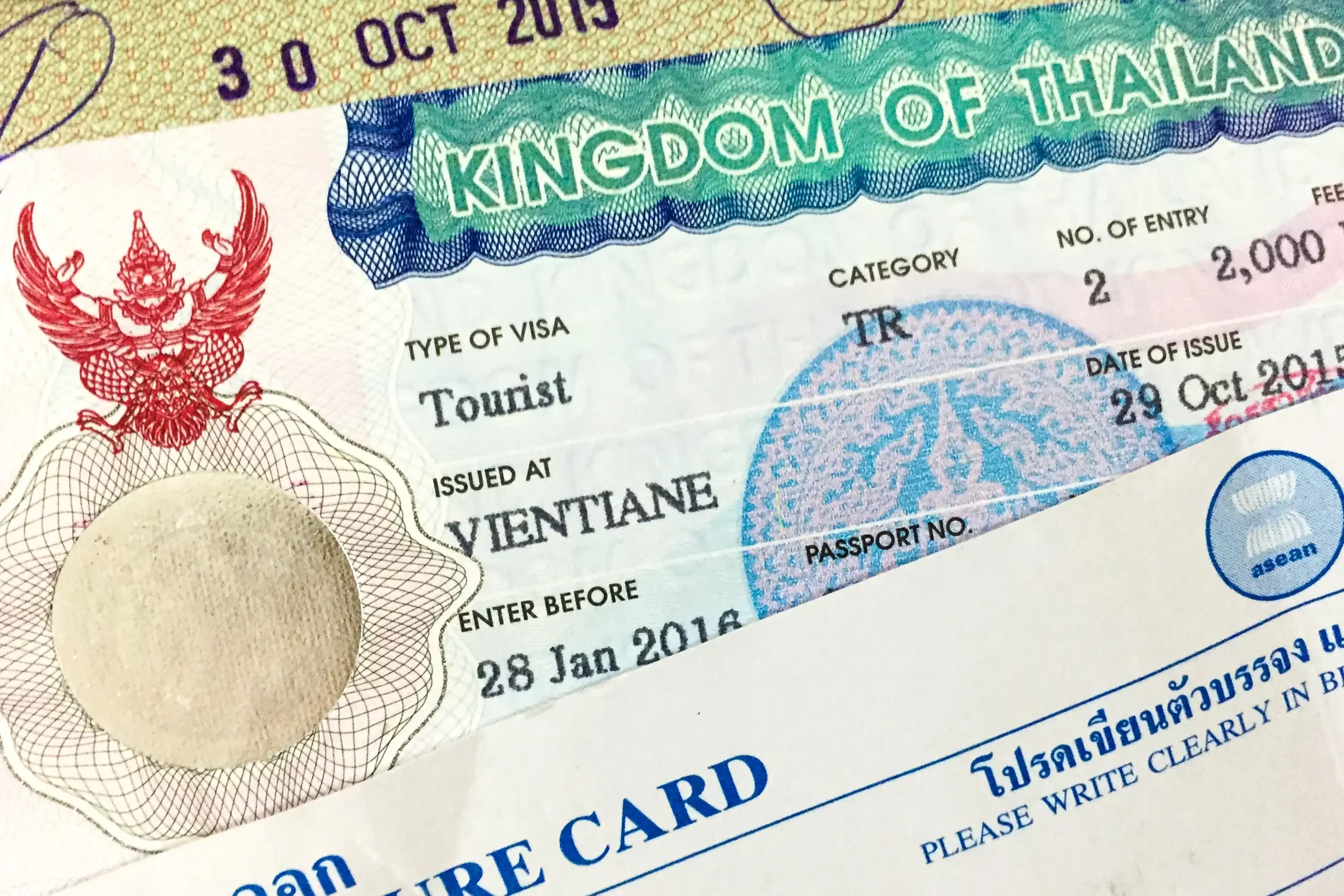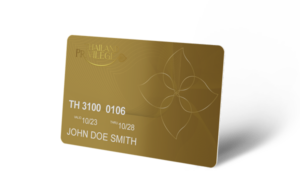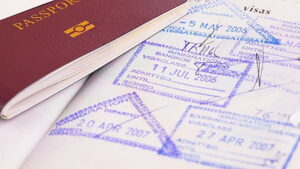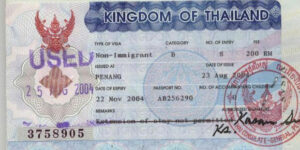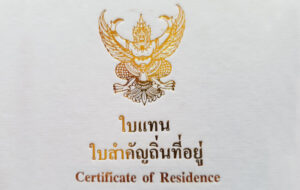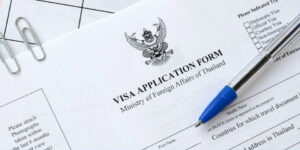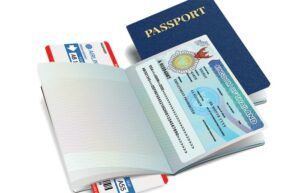The 90-Day Non-Immigrant Visa allows foreign nationals to stay in Thailand for up to 90 days. Designed for various purposes—such as business, education, visiting family, or retirement—it provides flexibility for extended stays without pursuing permanent residency. This visa is distinct from the tourist visa, offering a structured approach for those with specific plans beyond short-term tourism.
1. Types of 90-Day Non-Immigrant Visas
Non-Immigrant B Visa (Business)
This visa is intended for foreigners employed by Thai companies or conducting business activities. It’s essential for individuals who:
- Are starting or running a business in Thailand.
- Need to attend meetings, sign contracts, or explore investment opportunities.
- Hold a job offer or employment contract with a Thai company.
Requirements:
- Sponsorship letter from a Thai employer.
- Copy of the company’s registration and financial documents.
- Proof of employment, such as an offer letter or contract.
Non-Immigrant ED Visa (Education)
Issued to students enrolled in accredited Thai educational institutions, language schools, or training programs.
Requirements:
- Acceptance letter from the institution.
- Proof of enrollment and tuition payment.
Non-Immigrant O Visa (Others)
Used for visiting family, voluntary work, or retirement purposes. It’s the most versatile category.
Requirements:
- Proof of relationship (e.g., marriage or birth certificates) for family visits.
- Retirement applications need evidence of financial stability.
2. Application Process
Step 1: Apply at a Thai Embassy or Consulate
- Location: Applications are generally submitted at Thai embassies or consulates abroad.
- Documentation:
- Completed visa application form.
- Valid passport (with at least 6 months of validity).
- Passport-sized photographs.
- Supporting documents relevant to the specific visa type.
Step 2: Pay Visa Fees
- Fees vary depending on the visa type and embassy. Typical costs are around 2,000 THB for a single-entry visa.
Step 3: Approval and Entry
Upon approval, the visa is stamped into the passport, allowing entry into Thailand within a specified validity period.
3. In-Country Requirements
90-Day Reporting
Foreigners staying longer than 90 days must report their address to the local Immigration Office every 90 days. This can be done:
- In person.
- By mail.
- Online (for some visa types and depending on the region).
Documents Needed for Reporting:
- Passport with current visa.
- Completed TM.47 form.
- Copy of the arrival/departure card (TM.6).
Extensions and Re-Entry Permits
- Extension: A one-time extension of up to 30 days may be granted.
- Re-Entry Permit: Required if you plan to leave Thailand and return during the validity of your visa.
4. Key Considerations
- Compliance: Failing to report within the 90-day window can result in fines or complications with future visa applications.
- Change of Address: Notify the immigration office if you change your address between reporting periods.
- Employment Restrictions: The 90-day visa does not automatically grant the right to work. A separate work permit is necessary for employment.
5. Benefits and Limitations
Benefits
- Provides a structured way to stay in Thailand for business, education, or personal reasons.
- Ideal for individuals exploring long-term opportunities or settling arrangements.
Limitations
- Not a path to permanent residency or citizenship.
- Requires regular reporting, adding an administrative layer for extended stays.
Conclusion
The 90-Day Non-Immigrant Visa offers a flexible solution for various long-term stays in Thailand. By understanding its types, application process, and reporting obligations, foreigners can ensure a smooth and compliant experience. Whether for business, education, or personal reasons, this visa serves as a gateway to enjoying the vibrant culture and opportunities Thailand offers.
